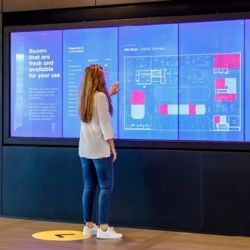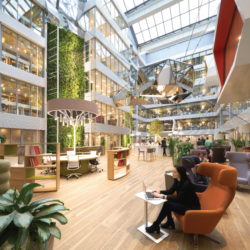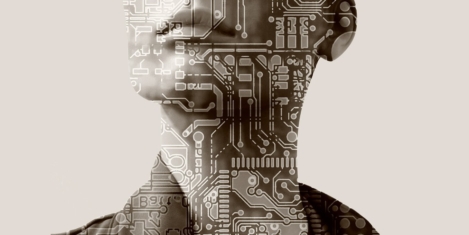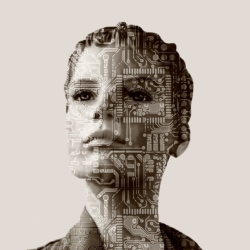October 1, 2020
EDGE adds building software to its portfolio of innovations
 Sustainable tech-led real estate pioneers EDGE have built upon their already impressive reputation as an innovator with the launch of a software platform that offers what the firm claims is a “seamless solution for optimising any office building’s performance”. It claims that EDGE Next allows “tenants and owners to transform their offices into smarter, healthier and more sustainable spaces in which people and companies can truly thrive”. The EDGE Next platform also sets out to ensure the wellbeing of employees by monitoring air quality and the numbers of people in a spaces, which it claims will make offices safer for work during the COVID-19 outbreak and beyond. (more…)
Sustainable tech-led real estate pioneers EDGE have built upon their already impressive reputation as an innovator with the launch of a software platform that offers what the firm claims is a “seamless solution for optimising any office building’s performance”. It claims that EDGE Next allows “tenants and owners to transform their offices into smarter, healthier and more sustainable spaces in which people and companies can truly thrive”. The EDGE Next platform also sets out to ensure the wellbeing of employees by monitoring air quality and the numbers of people in a spaces, which it claims will make offices safer for work during the COVID-19 outbreak and beyond. (more…)











 For middle-market and small businesses, the COVID-19 pandemic is highlighting the vital importance of investing in new technology, facilitating remote work, and maintaining the tech-savvy workforce needed to make it all happen, according to a survey conducted by The Harris Poll for
For middle-market and small businesses, the COVID-19 pandemic is highlighting the vital importance of investing in new technology, facilitating remote work, and maintaining the tech-savvy workforce needed to make it all happen, according to a survey conducted by The Harris Poll for 
 Singapore, Helsinki and Zurich have come top in the
Singapore, Helsinki and Zurich have come top in the 


 A new report from information technology company Wipro Limited claims that enterprises of the future will be built on a foundation of Artificial Intelligence (AI), Analytics, Machine Learning, Deep Learning and Automation. According to the
A new report from information technology company Wipro Limited claims that enterprises of the future will be built on a foundation of Artificial Intelligence (AI), Analytics, Machine Learning, Deep Learning and Automation. According to the 
 A recent study, which was commissioned by
A recent study, which was commissioned by 














September 23, 2020
The stage is set for the next phase of working life
by Mark Eltringham • Comment, Flexible working, Technology, Wellbeing, Working lives